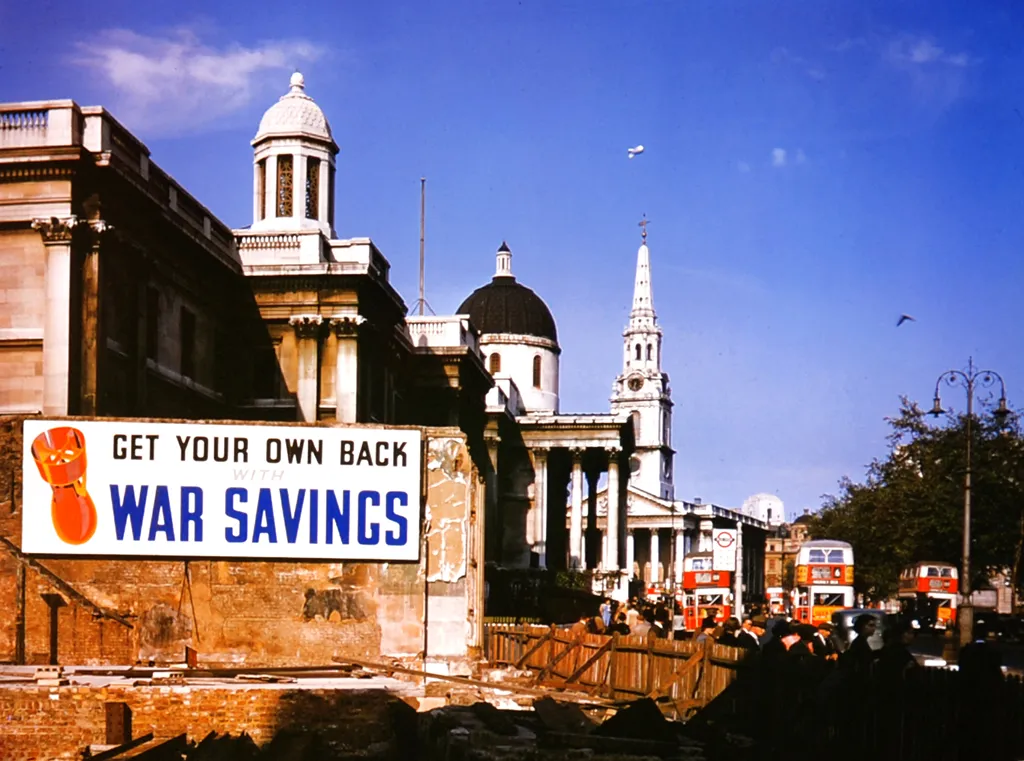
The air raids by German Luftwaffe planes on English cities and towns in 1940 and 1941—attacks known collectively and famously as the Blitz—were terrifying, but they failed in their key aim: namely, to demoralize the British people, and to destroy the UK’s war economy. London, not surprisingly, suffered the brunt of the Blitz: More than a million London houses were ruined or badly damaged, and more than 20,000 civilians were killed in the city alone. (Roughly 40,000 civilians were killed in the whole of England.)
Here, LIFE.com presents color photos taken in London during the war, in tribute to the spirit of Britons who would not be cowed.
“These were the times,” Winston Churchill wrote in his war memoirs (serialized in LIFE magazine in 1949), “when the English, and particularly the Londoners, who had the place of honor, were seen at their best. Grim and gay, dogged and serviceable, with the confidence of an unconquered people in their bones, they adapted themselves to this strange new life [of the Blitz], with all its terrors, with all its jolts and jars.”
“Away across the Atlantic,” Churchill wrote, “the prolonged bombardment of London, and later of other cities and sea-ports, aroused a wave of sympathy in the United States, stronger than any ever felt before or since in the English-speaking world. Passion flamed in American hearts, and in none more than in the heart of President Roosevelt. I could feel the glow of millions of men and women eager to share the suffering, burning to strike a blow. As many Americans as could get passage came, bringing whatever gifts they could, and their respect, reverence, deep love and comradeship were very inspiring. However, this was only September, and we had many months before us of this curious existence.”
“I felt,” Churchill recalled, “with a spasm of mental pain, a deep sense of the strain and suffering that was being borne throughout the world’s largest capital city. How long would it go on? How much more would they have to bear? What were the limits of their vitality? What effects would their exhaustion have upon our productive war-making power?”
“To the Prussians of modern Berlin,” LIFE wrote in January 1941, at the height of the Blitz, “old London is a hated symbol of all that makes Englishman superior people. For six months the Nazis bombed the British capital, by day and by night, without more than denting it. On the night of December 29, they tried to set fire to it. In that one night German bombers dropped an estimated 10,000 two-pound incendiary bombs.”
“All the painfully-gathered German experience was expressed on this occasion,” Churchill wrote of an infamous raid in late December, 1940. “It was an incendiary classic. The weight of the attack was concentrated upon the City of London itself. It was timed to meet the dead-low-water hour. The water-mains were broken at the outset by very heavy high-explosive parachute-mines. Nearly fifteen hundred fires had to be fought. The damage to railway stations and docks was serious. Eight [Christopher] Wren churches were destroyed or damaged.”
“The Guildhall was smitten by fire and blast,” Churchill recalled almost a decade later, in 1949, “and St. Paul’s Cathedral was only saved by heroic exertions. A void of ruin at the very center of the British world gapes upon us to this day.”
“The Germans,” wrote LIFE in 1941, before America entered the war, “are said to be greatly puzzled over London’s willingness to take continual punishment without so much as a thought to surrender. The British, they think, are licked and refuse to accept the fact. But the British are not by any means licked and if, in the end, they win the war it will be due in no small way to the magnificent way in which the people of London are standing up to the siege.”
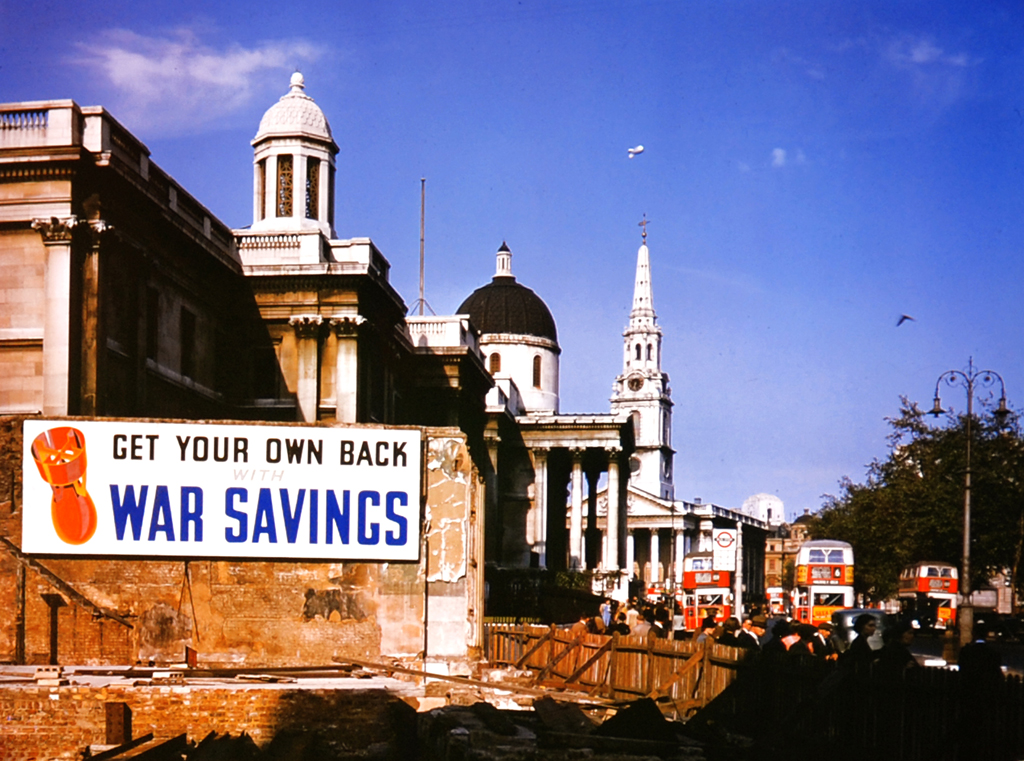
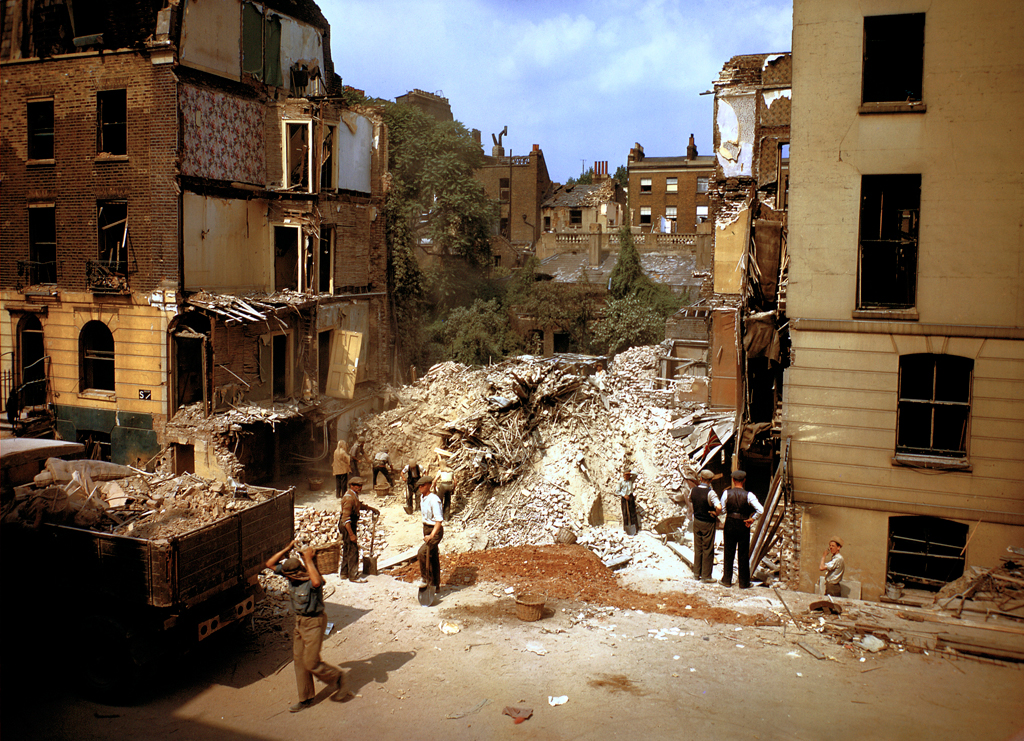
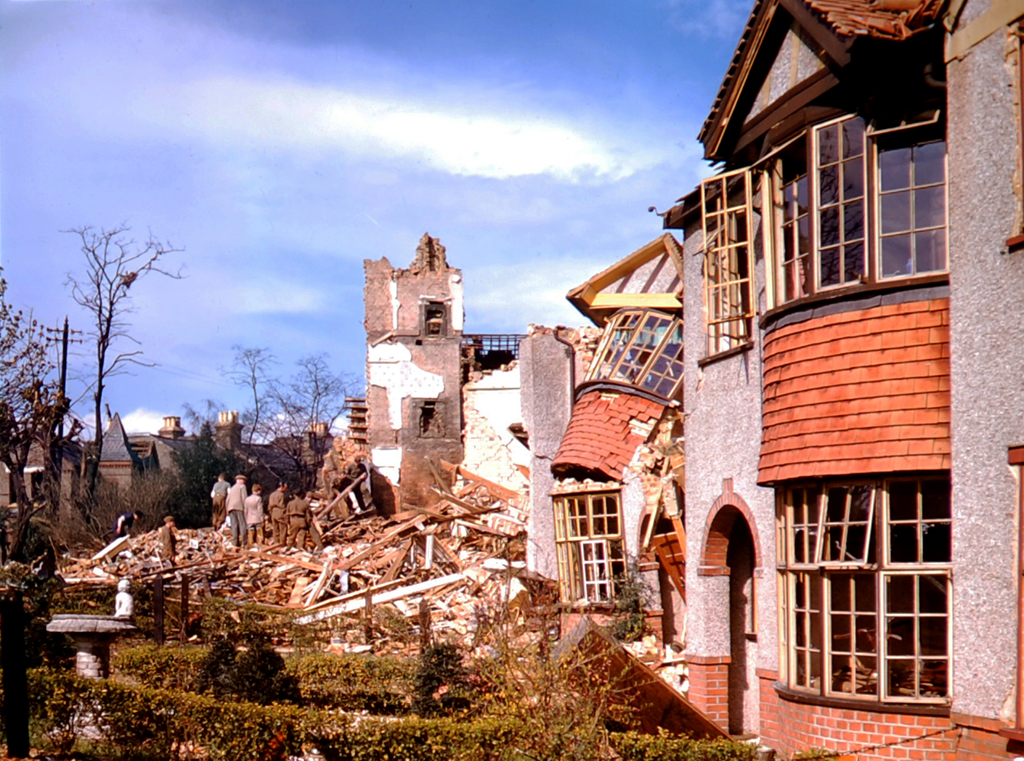

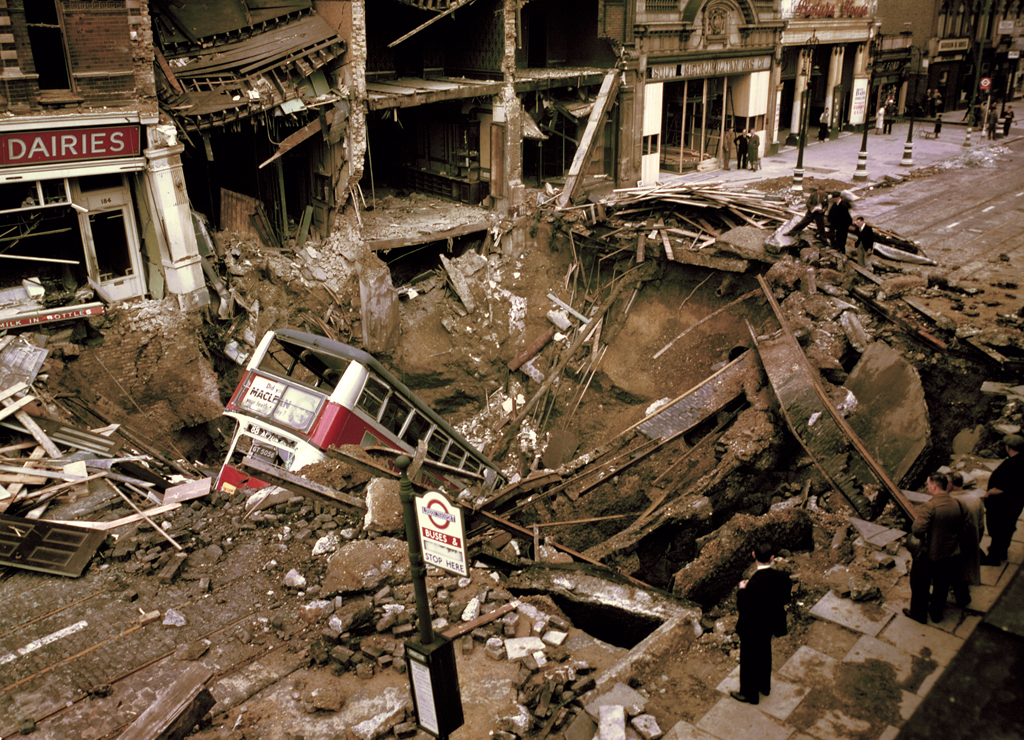
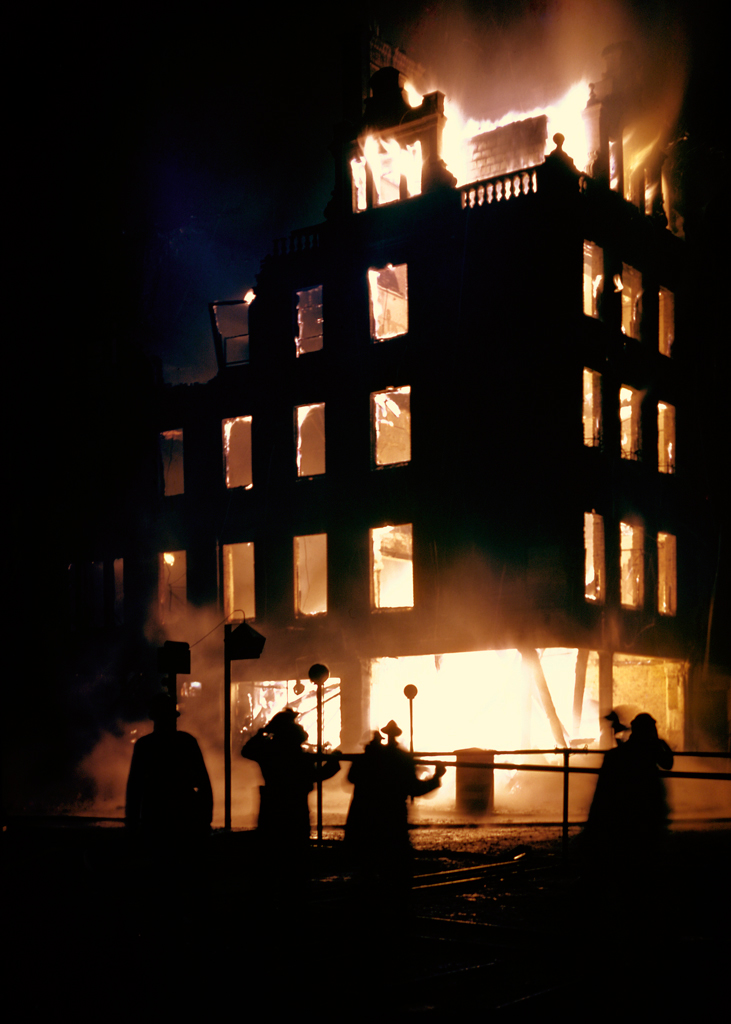
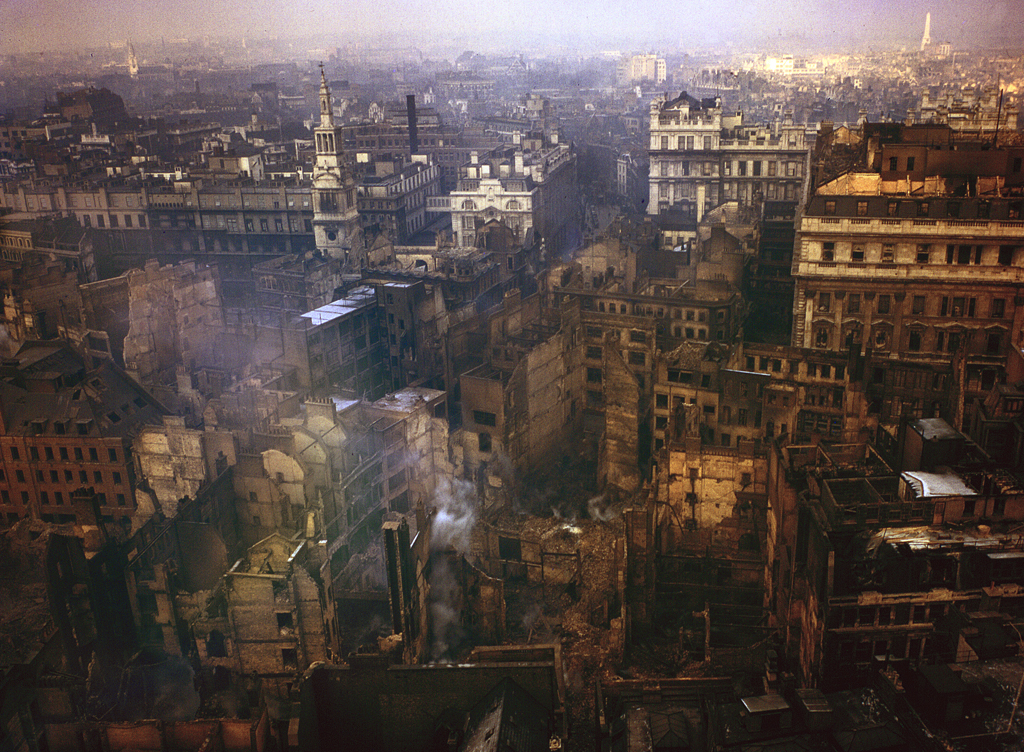
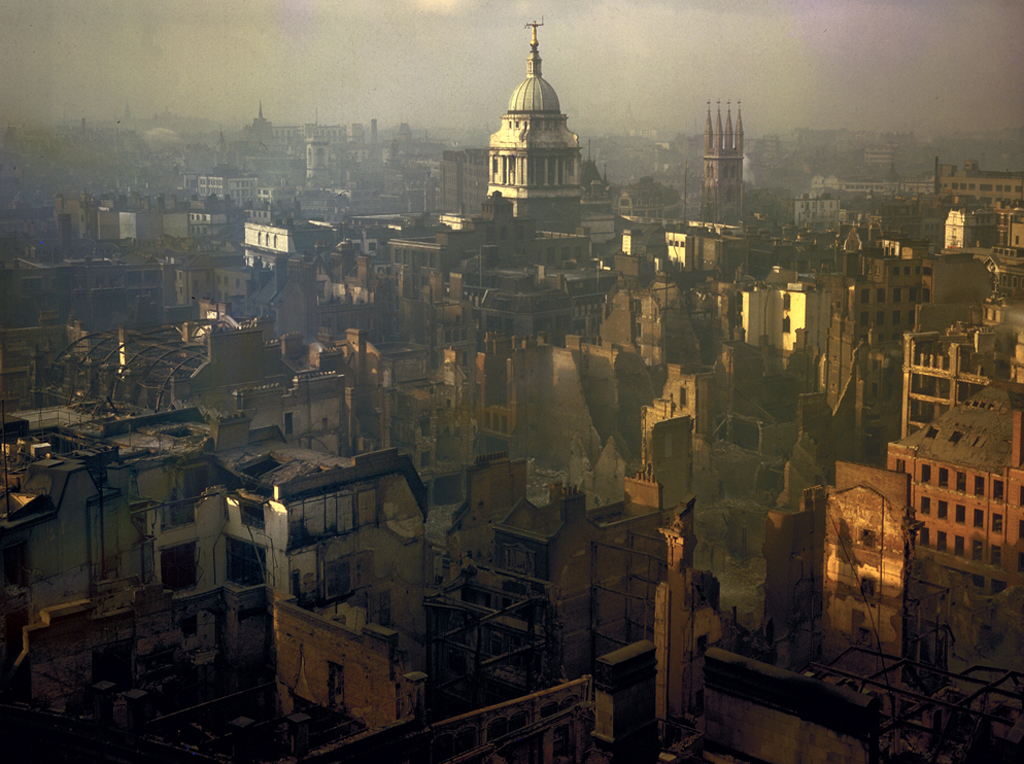
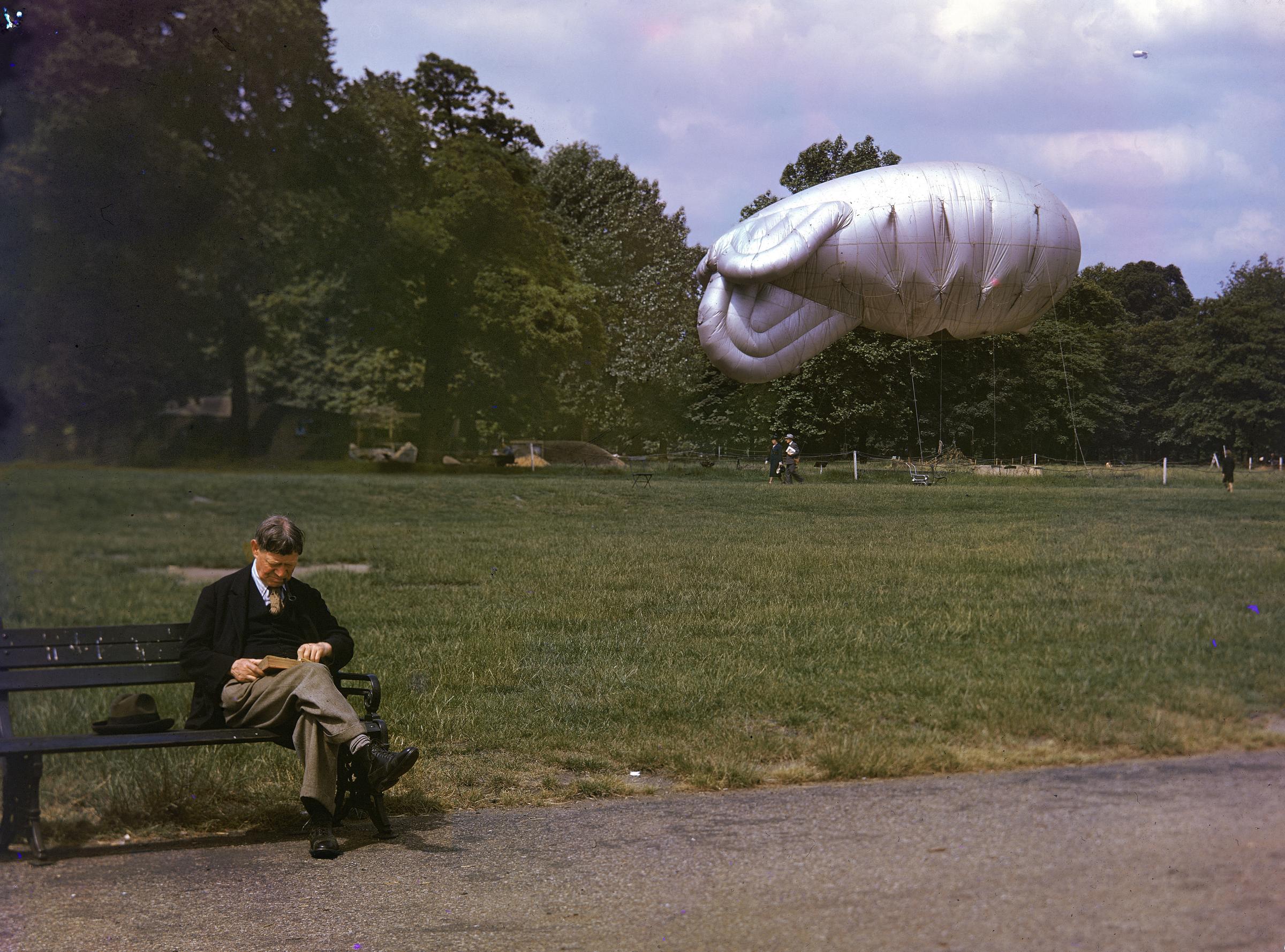
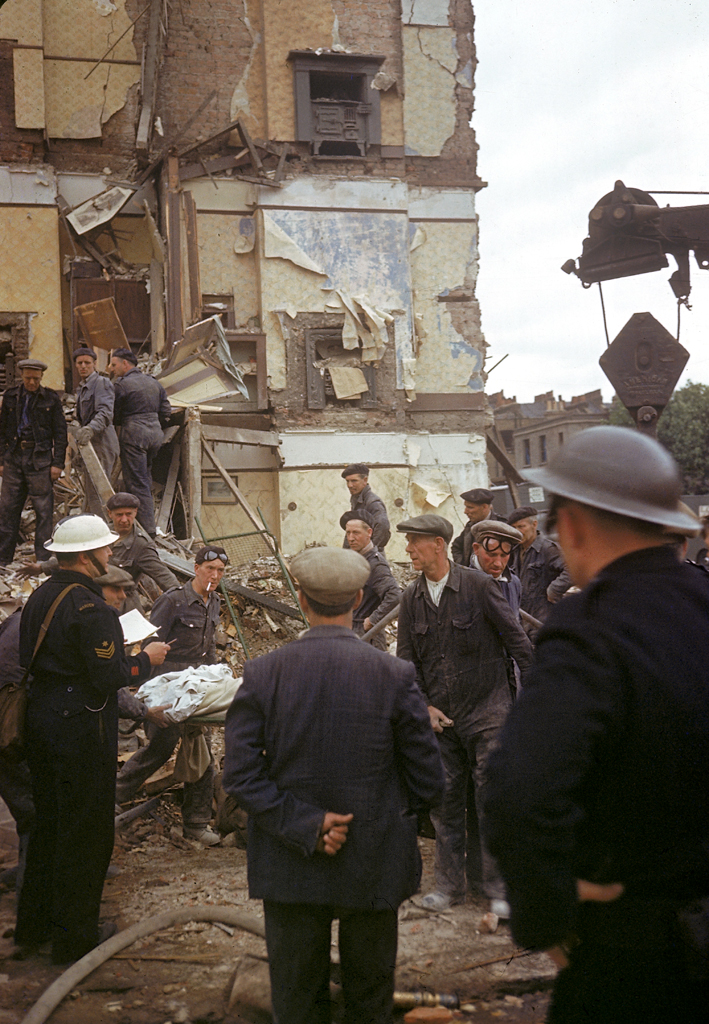
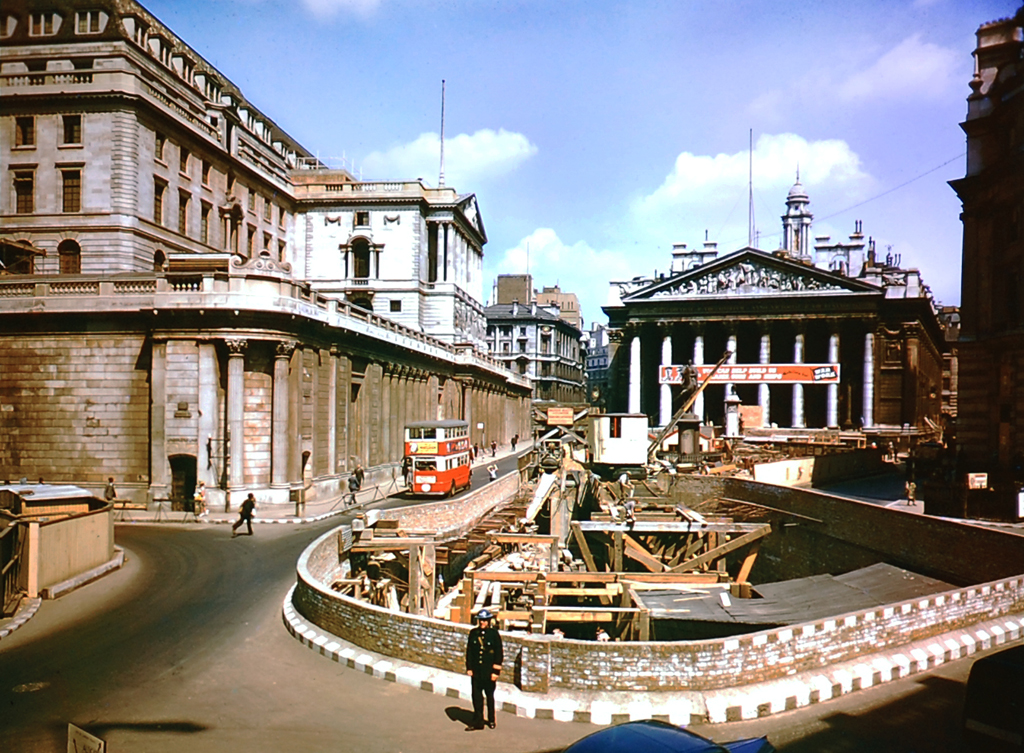
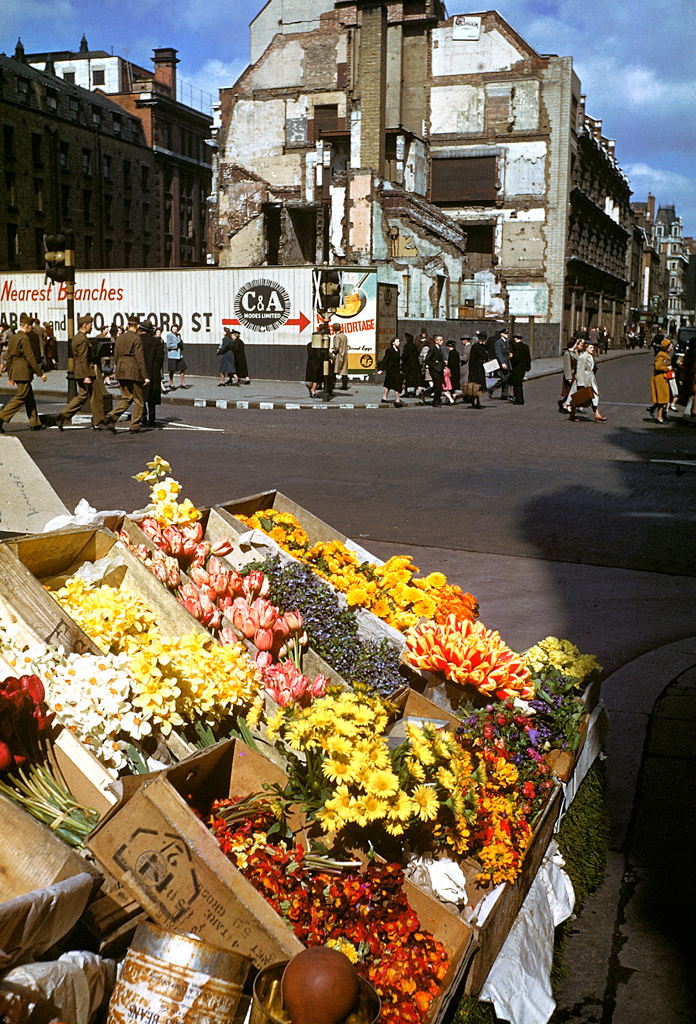
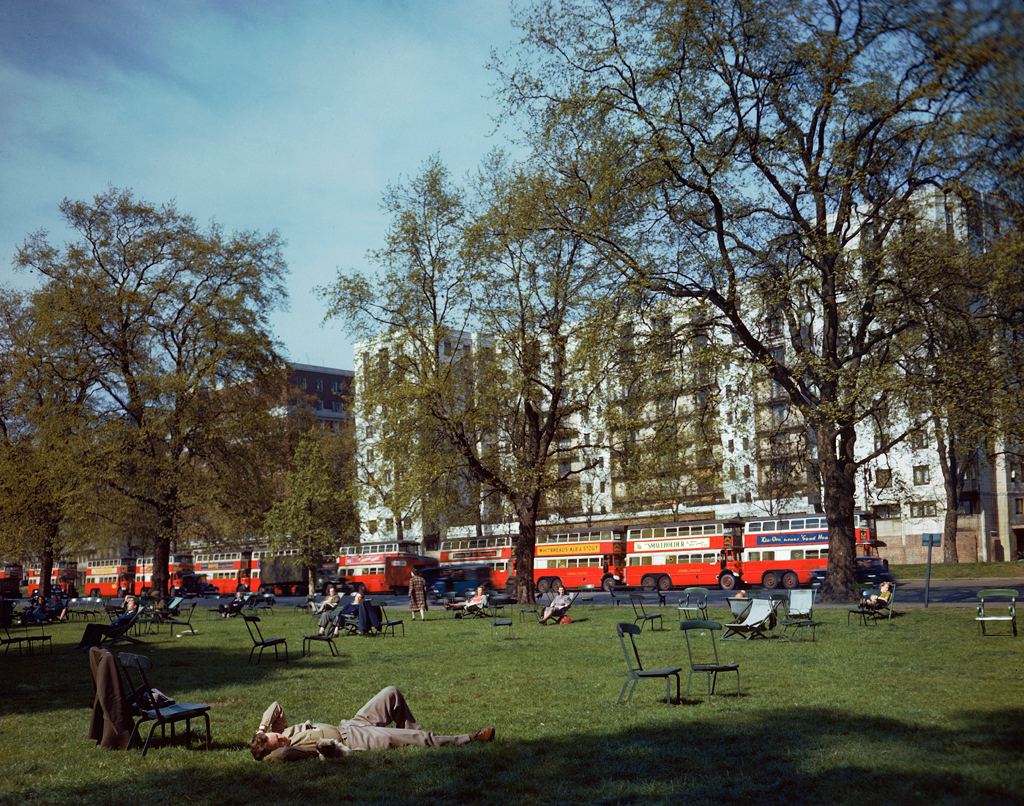
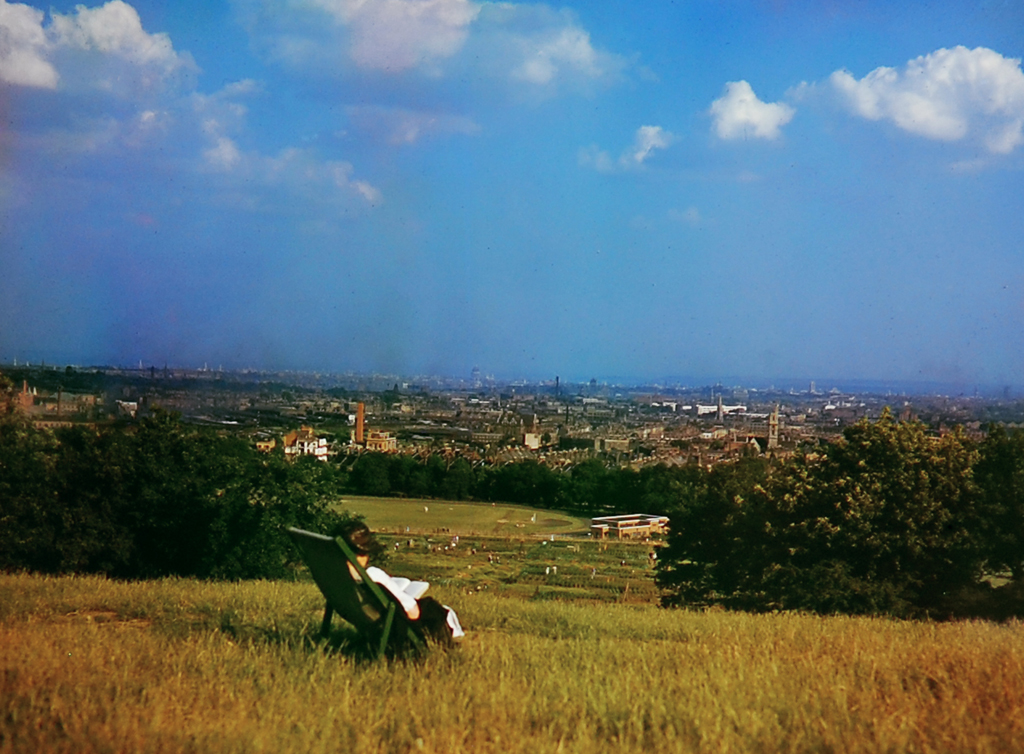
More Must-Reads from TIME
- Donald Trump Is TIME's 2024 Person of the Year
- Why We Chose Trump as Person of the Year
- Is Intermittent Fasting Good or Bad for You?
- The 100 Must-Read Books of 2024
- The 20 Best Christmas TV Episodes
- Column: If Optimism Feels Ridiculous Now, Try Hope
- The Future of Climate Action Is Trade Policy
- Merle Bombardieri Is Helping People Make the Baby Decision
Contact us at letters@time.com